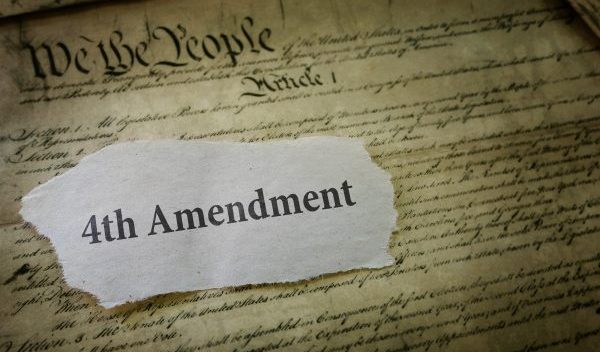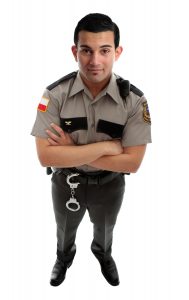156 East Market Street Suite 900
Indianapolis, Indianapolis 46204
The Law Office of esteemed criminal defense lawyer, David E. Lewis, has officially moved to a new easy-to-find Indianapolis location! Clients will enjoy several free amenities and conveniences our new office location has to offer, including free parking, easy navigation, serene landscaping, clean and comfortable lobby, and much more. Best of all, our new office location is nearby a plethora of wonderful downtown Indianapolis restaurants, shopping, and activities, which means you can take a well-deserved break after a meeting with your compassionate legal team.

Here is our new office contact information:
156 East Market Street Suite 900
Indianapolis, Indiana 46204
Phone: 317-636-7514
Hours of Operation:
Monday – Thursday: 8:30am – 5:00pm
Friday: 8:30am – 4:30pm
Saturday: Appointments Available
Sunday: Closed
The Law Office of David E. Lewis aggressively represents all state and federal criminal cases, including DUI charges, marijuana charges, heroin charges, cocaine charges, theft charges, white collar crimes, sex crimes, violent crimes, misdemeanor charges, felony charges, domestic violence charges, probation or parole violation charges, and much more. Although we represent several areas of criminal law, we specialize in drunk driving defense, so if you are charged with a DUI or OWI, we can conceivably help you avoid jail time and possibly lower or dismiss your charges.
When it comes to achieving the best possible outcome in court after being charged with a crime in Indiana, Attorney David E. Lewis is the obvious choice for criminal defense. If you or someone you love is facing criminal charges, trust David E. Lewis to build an impactful and strong defense to protect your rights and preserve your freedoms.
Who is Attorney David E. Lewis?
David E. Lewis is a seasoned criminal defense attorney with more than 25 years of experience practicing criminal law in Indiana. After graduating from Indiana University in 1987 with a degree in Political Science, he was accepted into Indiana University Law School. While attending law school, he not only worked as a bailiff for the Marion County Superior Court III, he also worked in the Marion County Public Defenders’ Office. Upon graduating from law school in 1990, David E. Lewis was ready to help Hoosiers everywhere avoid the maximum penalties for their criminal charges. Attorney David E. Lewis’s compassion for those facing criminal charges runs deep, as does his drive to protect their rights and preserve their freedoms.
For this reason, he started out working as a Master Commissioner for the Marion County courts, strictly presiding over criminal cases. Through these years, he was able to gain an extensive amount of knowledge and experience of all sides of the law, making him a strong and effective counselor. From there, he knew he wanted to do more for people in need of compassionate criminal defense. So, he began his own criminal defense practice, and over the past two decades, has now helped thousands of Indiana defendants reduce or dismiss their criminal charges. He is an upstanding member of the Indiana Trial Lawyers Association, as well as, the Indianapolis Law Club. He works around the clock for his clients to ensure their rights and freedoms are protected, and that they receive the most favorable outcome possible in court for their particular criminal charges.
Get in Touch for a Consultation TODAY
If you do not already have a licensed Indiana criminal defense lawyer working on your case, you need one right away. Contact David E. Lewis, Attorney at Law, at 317-636-7514 to start building a strong and impactful defense against your Indiana criminal charges so that you have a chance at avoiding the maximum penalties for your suspected crimes. Our law firm offers free initial consultations, so there is no out-of-pocket obligations to you.









